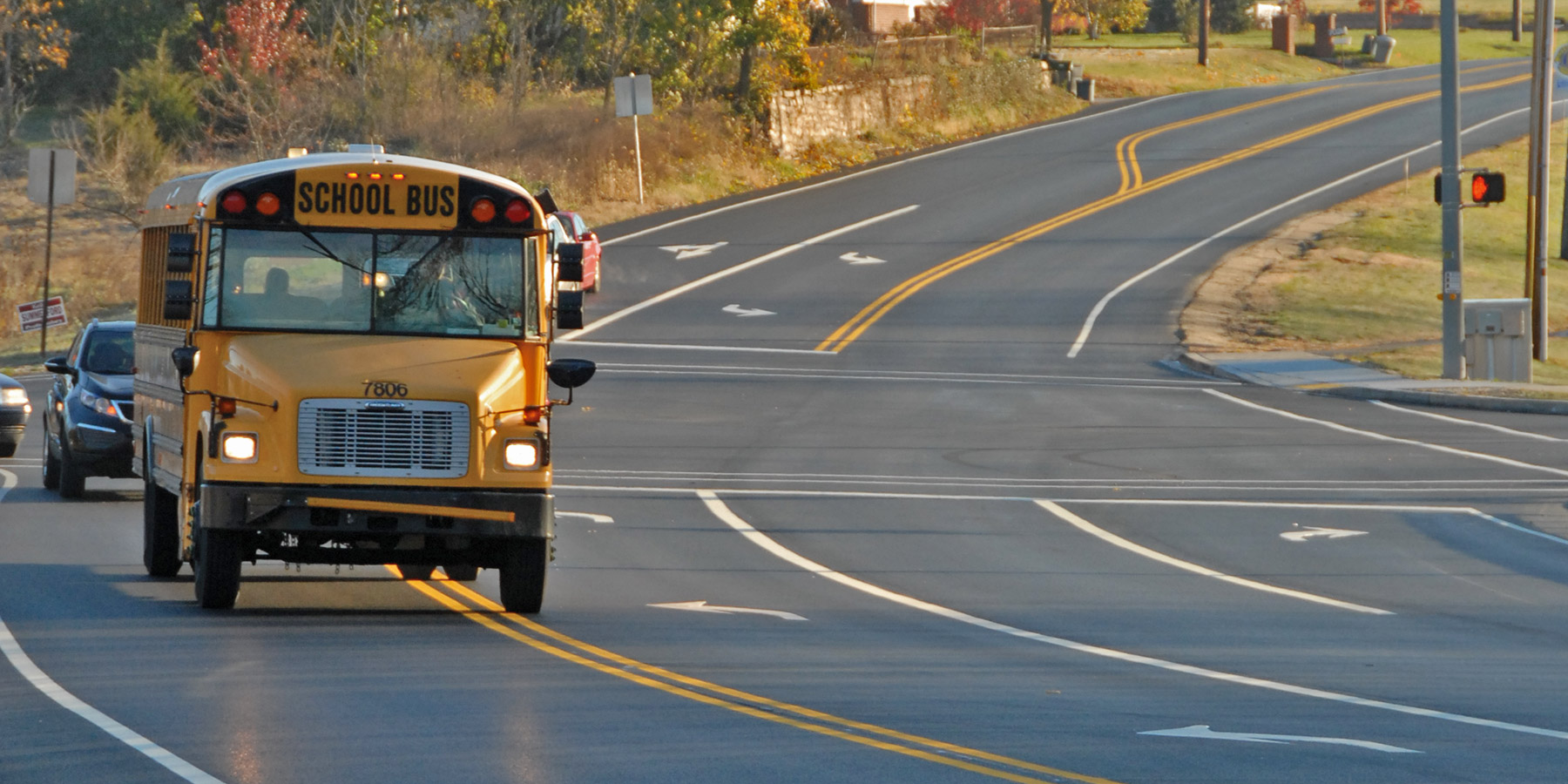Safety

Asphalt is a safe, cost-effective and green solution for a sustainable transportation infrastructure, and plays a very important role in our communities.
- Of the 2.6 million miles of paved roads in the U.S., 94% are surfaced with asphalt.
- Asphalt pavement is a precisely engineered product composed of 95 percent aggregates (stone, sand, and gravel), and 5 percent asphalt cement, a petroleum product.
- Asphalt plants are well-regulated by the EPA and other state and federal regulatory agencies.
- In 2002, the EPA officially delisted asphalt plants as a major source of air pollution.
- Asphalt is 100% reusable, and is the most reused and recycled product in the U.S.
- Asphalt plant emissions are very low and getting lower due to innovative control systems and manufacturing technology.
- From time-to-time, odors may emanate from an asphalt plant — while noticeable, these odors pose no danger to plant personnel or the communities in which a plant operates.
- Asphalt binder recycled from old pavements and roofing shingles replaces more than 21 million barrels of oil per year, saving American taxpayers more than $2.2 billion annually.
- Not all asphalt is the same: Asphalt pavement is different from roofing asphalt and other asphalt products. It has different components, properties, and is used at different temperatures, which results in very different potential emissions. Asphalt cement is unrelated to coal tar.
- Asphalt is inert: it does not leach materials. Recycled or reclaimed asphalt pavement (RAP) is likewise inert.
- Storage silos and fuel tanks on a plant’s property are highly regulated to ensure they are well maintained, and redundant protection systems and safeguards are in place to prevent accidental material release.
- Asphalt plants are good neighbors. If there is a concern, the first step is to contact the plant owner or operator.
Fact #20
A smooth pavement maximizes tire contact, providing more traction.
Open-graded asphalt allows rainwater to drain through the pavement surface, reducing the amount of splash and spray kicked up by vehicles.
Fact #84
Resurfacing an asphalt pavement creates a road that’s smooth, durable, safe, and quiet – and just as good as new.
Fact #121
Smooth asphalt roads give vehicle tires superior contact with the road.
One type of asphalt surface, known as open-graded friction course, allows rainwater to drain through the surface layer and off to the sides. This reduces the amount of splash and spray kicked up by vehicles. These surfaces have been shown to greatly reduce crashes and fatalities.
